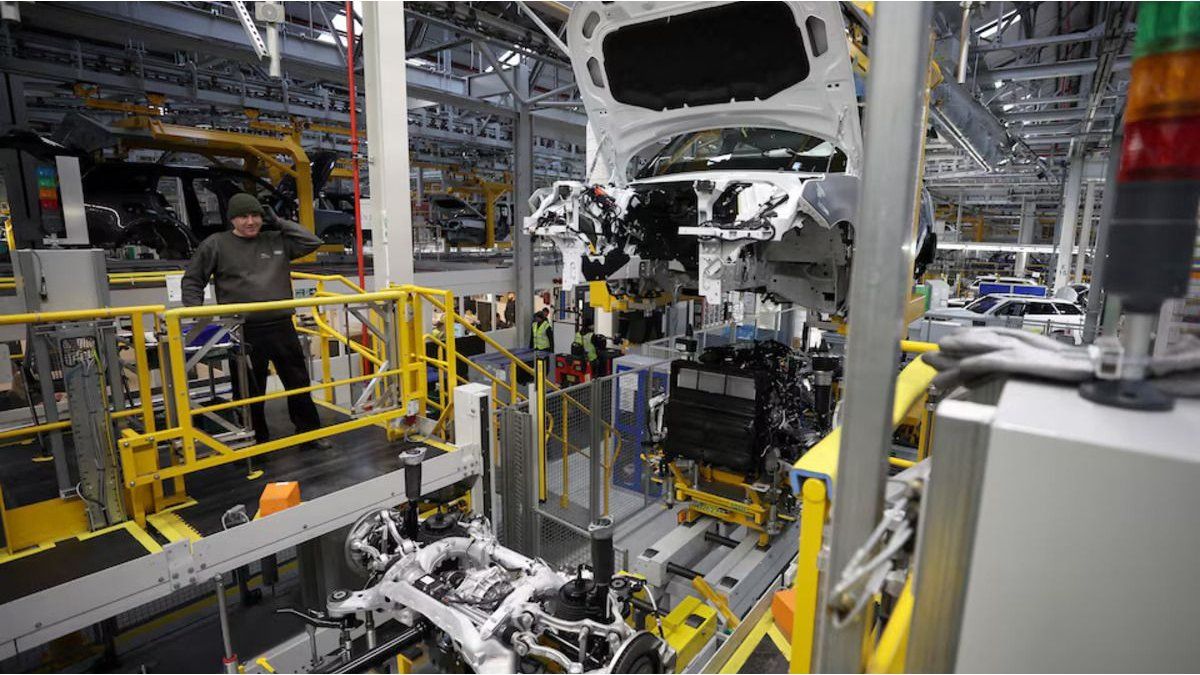Rich tech entrepreneurs are aiming high in space travel. The German labor minister is taking a look at NASA – and has some urgent warnings in his luggage.
In the race for future space travel, Federal Labor Minister Hubertus Heil (SPD) has warned against the possible dominance of commercial companies. “There must be no dominance of individual companies,” said Heil in a dpa video interview at NASA in Houston. During a visit to the US space agency, Heil investigated the trends and risks. The German Labor Minister’s conclusion: The economy needs rules – especially when it is “global or goes beyond the globe.”
Elon Musk to bring the ISS
“We are increasingly seeing large private tech companies entering space travel – of course also to make a profit.” In order to reduce the high costs, the state space agencies have been working more closely with private companies such as Elon Musk’s SpaceX for several years. NASA has commissioned SpaceX to bring the ISS space station out of space in 2030. After more than 30 years, the space station will then cease operations. With the help of the tech billionaire, the ISS will crash to Earth in a controlled manner.
Heil insists on cooperation
Heil says he has nothing against cooperation between government and business in this area – it is even important. But only through international cooperation between states can the necessary balance of public and private interests be achieved, according to the SPD politician. “At NASA, we learn that the big questions of our time can only be solved through international cooperation.” The ISS has been operated by NASA and the space agencies of Europe, Canada, Japan and Russia since 1998.
Nasa under pressure
At that time, space travel was primarily a matter for “a small club of government agencies,” explains NASA strategy director Douglas Terrier. For decades, the USA and the Soviet Union were the only major powers in space. After humanity’s first astronaut, Soviet cosmonaut Yuri Gagarin, orbited the Earth in 1961, US President John F. Kennedy promised to put an American on the moon. “Space travel was part of the diplomatic toolbox,” says Terrier. Today, however, it’s almost like the Wild West in this area – many players, many companies want to go into space or are already in space. While public money for space travel has remained more or less constant, private investment has grown rapidly, says the NASA strategist. This is less about sensational space tourism and more about communications satellites. Musk has also set the goal of humans colonizing Mars.
Rules for space
“Of course, companies are also committed to this area in the long term in order to make money,” says Heil. But it is also clear: “There must be rules in this area.” In general, states must ensure that progress “is not progress for the few, but progress for the many.” Research and possible applications on Earth should also serve everyone.
Heil gained relevant insights during his visit to NASA. He had to duck his head again and again, for example when the visitor from Berlin was led through modules of the ISS space station. Astronauts train in the replica of the ISS in the NASA hall. In addition to the seemingly endless buttons, monitors and equipment of all kinds, plants can also be seen. They grow in small boxes in yellowish light and are used for research. It was particularly tight when Heil looked into a Soyuz space capsule. The German guest had to bend down low to put his head through a circular hatch. Only after several moments of intense contemplation did Heil reappear. He murmured, appreciating the astronauts’ modesty: “This is a bathroom and kitchen and so on.”
Source: Stern




